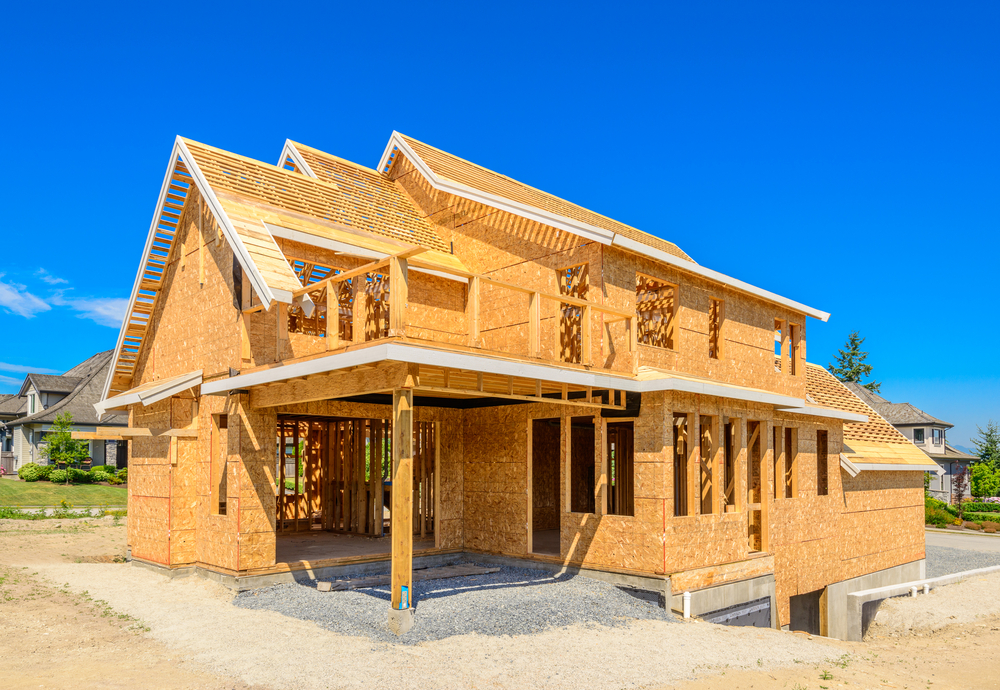Could home building be your best option for finding a real estate niche?
One source suggests that home building could be one of the few industries left to dominate. Could that really be true? What are the pros and cons of building houses as a form of investment? Are there any other options that stand out?
Aspire to Become a Market Leader?
Simply looking for a viable way to make money in real estate? Or to create a business empire? Either way, it can help not to have to go head to head with one dominating force. If one conglomerate has the vast majority of market share, they can crush new challengers with ease. And they’ll be highly motivated to do so. So where are the gaps? They might surprise you!
Inc. poses that there are still five industries without a clear market leader in 2015. These are mature industries, with great growth projecting for the next few years.
- Home builders
- Heavy equipment rental
- Mobile storage
- POS software developers
- Conference and trade show planning
All of these are related to real estate in some way. They can all make great side businesses for successful real estate entrepreneurs and firms. However, home building stands out for several reasons. Firstly; it is kind of shocking. Secondly: the figures. According to Inc. and IBISWorld, the industry generated $81.8 billion in 2014. It is expected to grow 11.3% by the end of this year. Industry revenue is forecasted to top $110.9 billion by 2019. Yet, there is reportedly no giant brand dominating the industry. That means there is room for one. And perhaps more space for smaller new entries.
The Need for a Real Estate Niche
A niche is important whether you are launching a business, or simply investing to boost personal finances. A niche empowers business owners and investors to get more for their money, and gain more traction. A niche provides focus. It allows for better results from resources invested. A niche can minimizes competition. Real estate agents know this all too well. This is why we see “waterfront specialists,” ‘luxury home experts,’ ‘Condo Kings,’ and more. Instead of being just another individual in a giant pool of unrecognizable badges, agents with a niche stand out. With a niche, they become masters of a domain overnight. Who do home buyers and sellers turn to when they want waterfront properties? ‘The Waterfront Specialist.’ They might have just passed the real estate licensing exam yesterday. All of the listings on their real estate website might be borrowed from others, but that’s the power of a niche.
How Do You Choose a Niche?
There are many real estate niches to choose from. So how do real estate agents, investors, and entrepreneurs choose one? It’s really about find the best fit for you. There can be limitations, or at least better options depending on the current competition in the marketplace. For example; if the equivalent of Zillow was trying to dominate high end waterfront condos in your neighborhood, you might want to choose something else – especially if you are on a budget. Volume of competition isn’t as significant as their brand recognition and market share. Remember, 20%, maybe even 10% or less, are really doing any significant amount of business. So ask yourself:
- Where is there a space to fill in the market?
- What strengths do I have to fill those gaps?
- What am I passionate about?
There’s no point in choosing a niche you hate, just because the numbers work. And there’s no point in choosing a niche you love, if the numbers don’t work.
Niche Options
There are dozens of real estate niches. When they are combined, there can be hundreds of them. A few of the potential options include:
- Affordable housing
- Green housing
- Luxury homes
- High end condos
- Commercial property
- Beachfront homes
- New homes
- Distressed property
- Golf property
- Pet friendly housing
- Specific buildings and neighborhoods
Home Building as a Niche
Some aspire to get into home construction from the get-go. For others, it is the last thing on their minds. So what is the attraction, and turn-offs to home building as a niche?
Pros of building include:
- Prestige
- High profit margins
- Flexing your creativity
- Influence on housing trends and impact on the community
Cons of building include:
- Cost and cash flow needs
- High risk with many variable expenses
- Low profit margins
- Time to realize returns
Building houses can be highly profitable. It can also result in huge losses. Sometimes you don’t know what demand will be, where prices will be, and other factors until it is built. That’s risky. Building your own home to live in is one thing. Building houses and condos as a business or investment strategy can be a totally different venture altogether. It’s worth noting that some of the nation’s largest home builders have turned to building rental homes instead of properties to sell.
A Hybrid Solution
Fixing and flipping existing houses is a hybrid solution. It provides many of the benefits of building homes. While also minimizing the risks. Many would say it is far more valuable and needed than adding more housing stock to a pool of tens of billions of dollars that still needs to be sold. It’s easier to use financial leverage. It’s faster. And in many cases it can be more profitable too. Positioned well real estate professionals can still build a great brand, and dominate their market.
What’s your niche?






